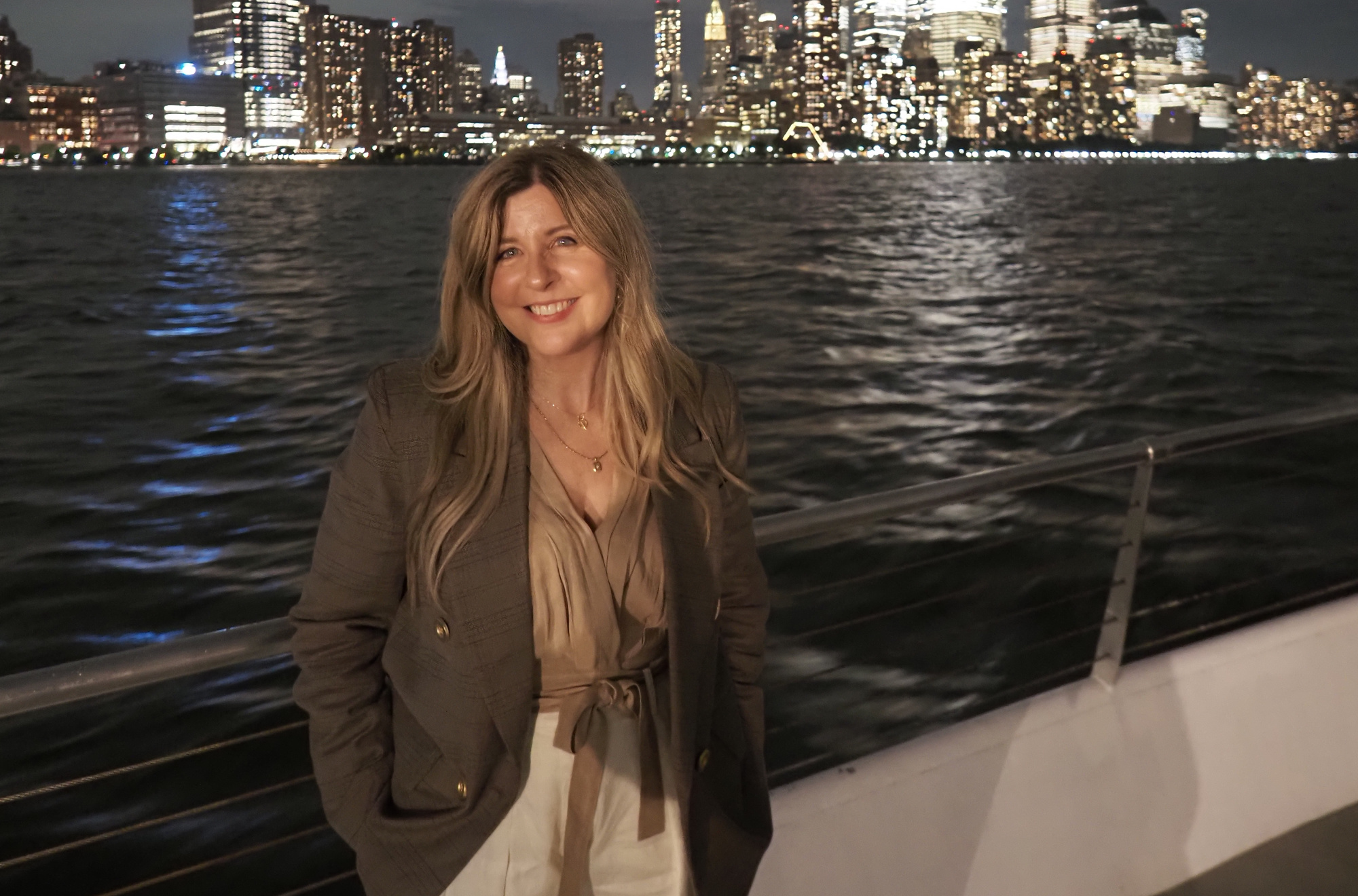I’ve spoken all around the world about anxiety, and it doesn’t matter where I find myself, anxiety is there. That’s because anxiety is a human thing. It’s not a breakage thing, or a deficiency thing. It’s not a child thing, or a grown up thing. It’s not a ‘me’ thing or a ‘you’ thing, or an ‘us’ thing or a ‘them’ thing. It’s an ‘all of us’ thing, and our kids need to know this.
I often go into schools to speak to groups of kids or teens about anxiety. I’m always so warmed and overjoyed by their openness when they realise it’s safe for them to speak or ask questions.
This is what happens when we make anxiety safe. When we turn a conversation about anxiety into a conversation about courage, when we normalise anxiety and speak to the human-ness of it, we strip away any shame story or deficiency story and we make it easy for young people to show up, to be brave, to grow and stretch themselves at their edges. We strengthen them.
The two things I hear most from kids and teens about anxiety.
When I speak to kids or teens about anxiety, there are two things I hear almost every time.
The first is, ‘I thought it was just me.’ Anxiety can be so isolating. This in itself will drive more anxiety about the anxiety, and fuel the deficiency story that can often come with anxiety.
If only every young person could know that anxiety is one of the most human of the human experiences. And it happens to all of us. If only that could happen, they’d feel less alone in their symptoms, less broken because of them, and more comforted by the human-ness of them.
The second thing I hear is, ‘I didn’t know who to talk to.’ My response is, ‘Talk to an adult you trust, because I promise you, at some point in their lives – probably many points, maybe even today – they would have felt the way you do. If that adult isn’t sure what to say, that’s okay – we adults don’t always have the words we need to make sense of things – find another adult. We’re there. And we get it. Sometimes the hardest thing is knowing where to start. If this happens, try, ‘I’d like to talk to you but I don’t know what to say,’ – and let the adult help you find the words that come next.’
We’re all in this. Let them feel the human-ness of their symptoms, so they don’t feel the isolation of them. ‘Anxiety can be tough can’t it. I get it. I’ve felt that way too before. I want you to know it’s a sign that you’re doing something hard – not that you can’t do hard things. How can I help?’



Such a perceptive and intelligently written article. Thank you
Alison